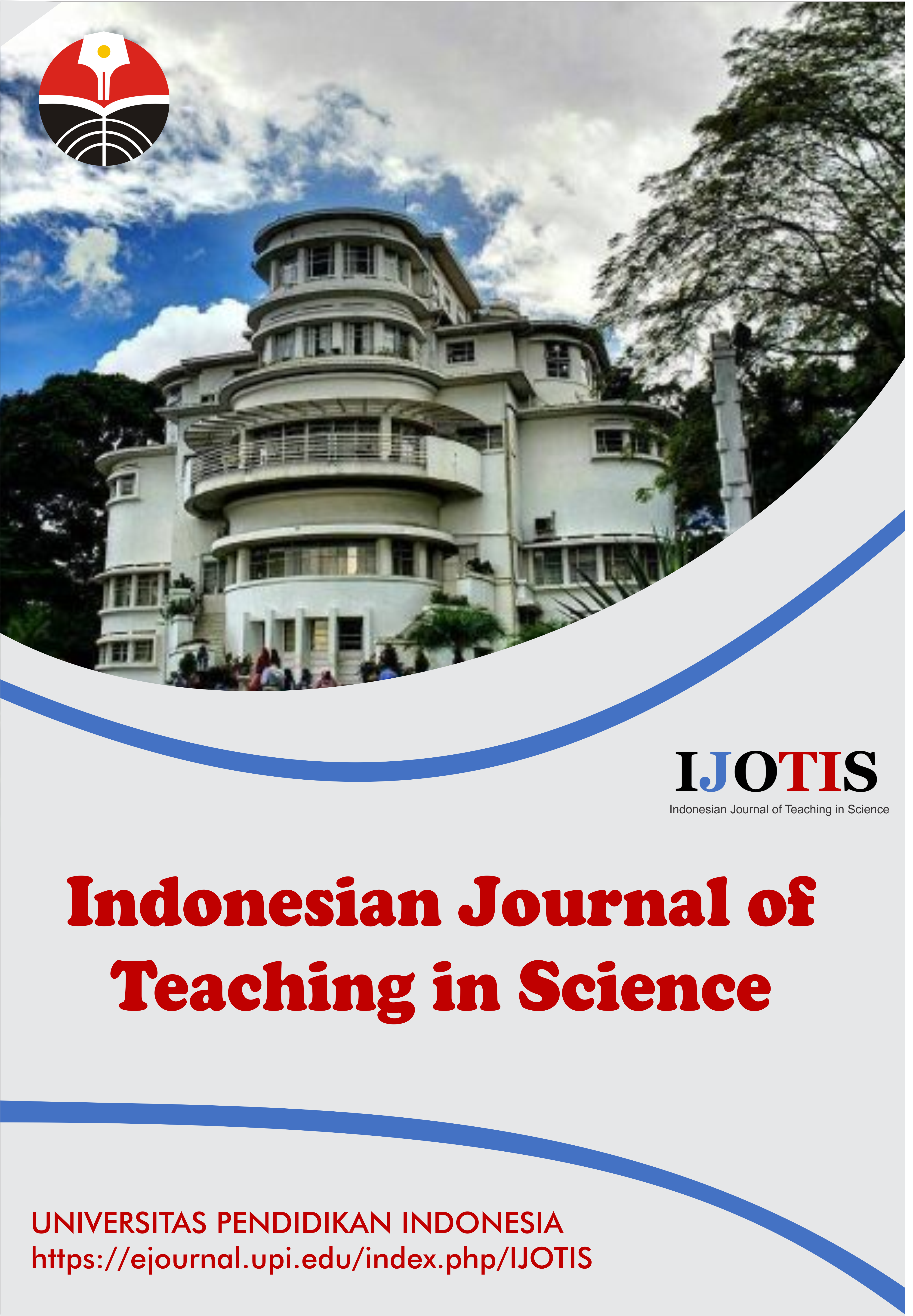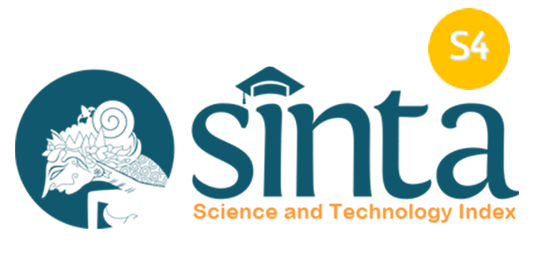Designing Multimedia Applications for Nutrition Education and Managing Stress
Abstract
Keywords
Full Text:
PDFReferences
Chirivella, J., and Gagliardo, P. 2016. Bigdata oriented multimedia mobile health applications. Journal of medical systems, 40(5), 120.
Hedaoo, R., and Vali, S. 2015. Nutrition education and child health care a cognitive approach using multimedia technology. Advanced Studies in Biology, 7(1), 39-48.
Kolasa, K. M., and Miller, M. G. 1996. New developments in nutrition education using computer technology. Journal of Nutrition Education, 28(1), 7-14.
Liu, S., Lithopoulos, A., Zhang, C. Q., Garcia-Barrera, M. A., and Rhodes, R. E. 2020. Personality and perceived stress during COVID-19 pandemic: Testing the mediating role of perceived threat and efficacy. Personality and individual differences, 168, 110351.
Murimi, M. W., Kanyi, M., Mupfudze, T., Amin, M. R., Mbogori, T., and Aldubayan, K. 2017. Factors influencing efficacy of nutrition education interventions: A systematic review. Journal of nutrition education and behavior, 49(2), 142-165.
Peddi, S. V. B., Kuhad, P., Yassine, A., Pouladzadeh, P., Shirmohammadi, S., and Shirehjini, A. A. N. 2017. An intelligent cloud-based data processing broker for mobile e-health multimedia applications. Future Generation Computer Systems, 66, 71-86.
Pringsewu, S. T. M. I. K. 2018. Learning application of Lampung language based on multimedia software. International Journal of Engineering and Technology, 7(2.27), 175-181.
Tallon, J. M., Dias, R. S., Costa, A. M., Narciso, J., Barros, A., and Silva, A. J. 2020. Pilot evaluation of an interactive multimedia platform to provide nutrition education to Portuguese adolescents. European Journal of Public Health, 30(2), 353-357.
Wyatt, S. B., Winters, K. P., and Dubbert, P. M. (2006). Overweight and obesity: prevalence, consequences, and causes of a growing public health problem. The American journal of the medical sciences, 331(4), 166-174.
DOI: https://doi.org/10.17509/ijotis.v1i1.33773
Refbacks
- There are currently no refbacks.
Copyright (c) 1970 Universitas Pendidikan Indonesia

This work is licensed under a Creative Commons Attribution-ShareAlike 4.0 International License.
 Indonesian Journal of Teaching in Science
Indonesian Journal of Teaching in Science



